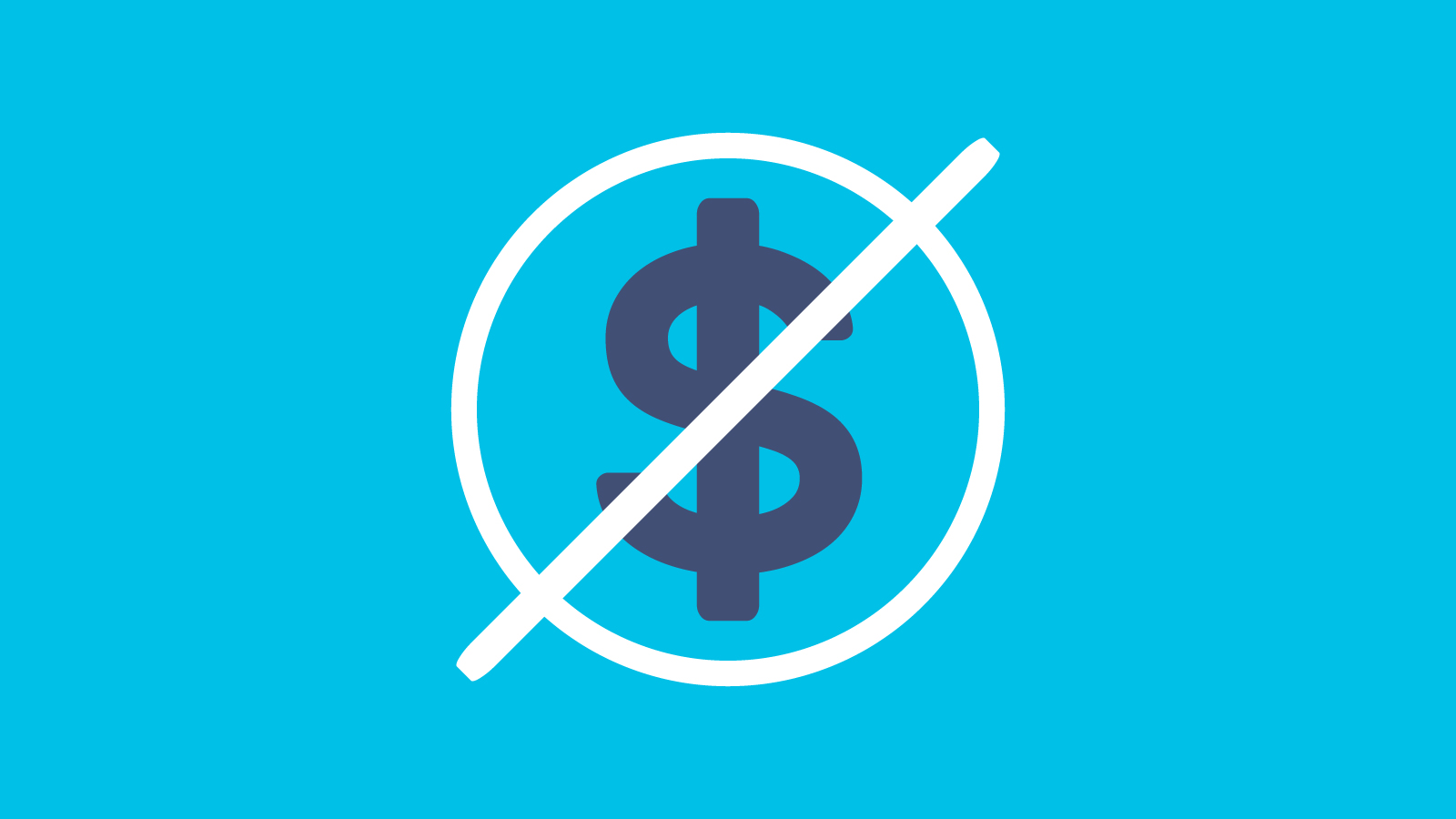Freebies and Opportunities for Science and STEM Teachers: November 11, 2025
By Debra Shapiro

Freebies for Science and STEM Teachers: Middle Level Through College/University
Planetary Parade Data Story Tool
Explore planetary alignment with an interactive visualization tool developed collaboratively through Harvard University’s Center for Astrophysics’ Cosmic Data Stories project and American Astronomical Society’s WorldWide Telescope (WWT) project. The Planetary Parade Data Story tool engages students, teachers, and other astronomy enthusiasts from middle level to adult in a simulation in which they find and view planets in the sky from any location. Select the book icon in the upper-left corner to read about the significance of the planetary parade and find for tips navigating the map and using WWT. Next, practice using the tool to compare how the planets align from different locations.
Freebies for Science and STEM Teachers: Grades PreK–12
AI Scope and Sequence
Artificial Intelligence (AI) resources are available to support students in building understanding of artificial intelligence and learning to use it responsibly. AI Scope and Sequence, an eight-page guide for educators developed by the School Library Systems Association of New York, is one such resource. The downloadable pdf discusses four essential strands of artificial intelligence—Why AI? (integration of AI into the world), How AI Works (technical aspects of AI), AI in Society (ethics of AI), and AI in Practice (using AI productively and responsibly)—and highlights the major takeaways for students from each strand at the primary (preK–2), elementary (3–5), middle (6–8), and high school (9–12) grade levels.
Freebies for Science and STEM Teachers: Middle Level and High School
Build Your Own Simple DC Motor
Students can see for themselves how motors work with a hands-on demonstration activity for middle and high school levels from Flinn Scientific’s PhysicalScienceFax! series. The lesson plan features a step-by-step guide with diagrams to build a simple direct current (DC) motor in the classroom. The lesson plan also provides troubleshooting tips for teachers if the motor does not spin or work as expected.
Opportunity for Early Childhood to Grade 12
KidsGardening.org's Youth Garden Grants
These grants support school and youth educational garden projects that enhance the quality of life for youth and their communities. Up to 50 programs will be awarded $750. All grantees will also receive a hand tool set and shovel and a variety of seeds. Ten winning schools will receive the Bluestone Perennials School Garden Award of a $750 grant. Five winning youth programs will receive the Crescent Garden Container Gardening Award, a container gardening package valued at $1,675. Up to thirty-five winners will receive the Garden Champions Award of a $750 grant.
Any organization in the United States or U.S. Territories planning a new garden program or expanding an established one that serves at least 15 youth between the ages of 0 and 18 may apply. Organizations must support, work with, or serve under-resourced communities (those most impacted by systemic inequities and situational hardships) and must have received less than $10,000 in grants for the garden program in 2025 so far. (Deadline December 12)
Opportunity for Grades K–12, Formal and Informal Educators
Greenprints for the Future Sustainability Project Fund
World Wildlife Fund’s Wild Classroom offers a program that supports K–12 educators in guiding their students toward meaningful environmental action. Educators will receive financial and personalized support, along with ready-to-use teaching resources, to help them lead their students in designing and carrying out real-world sustainability projects in their schools and communities. The fund will provide educators with $1,000 to use for an environmental solution project with their students. Educators must reside and teach in the United States or a U.S. territory. Apply by December 12.
Opportunity for Elementary Level
Bonnie Plants Third-Grade Cabbage Program
Bonnie Plants will award a $1,000 scholarship to one third grader in each state (except Alaska and Hawaii) for growing a cabbage in the third-grade cabbage program. Free plants will be delivered in fall 2025 to teachers in the southern United States and in early spring 2026 to teachers in the rest of the country. Submit orders by December 1. Students will then have until September 2026 to grow their cabbage and submit their entries.
At the end of the season, teachers from each third-grade participating class select the student who has grown the “best” cabbage, based on size and appearance. The program then awards a $1,000 scholarship to one student in each participating state.
Earth & Space Science Environmental Science Instructional Materials Lesson Plans Life Science News Physical Science Professional Learning STEM Teaching Strategies Technology Informal Science Education Kindergarten Pre-K Preschool Early Childhood Elementary Middle School High School Postsecondary Informal Education


